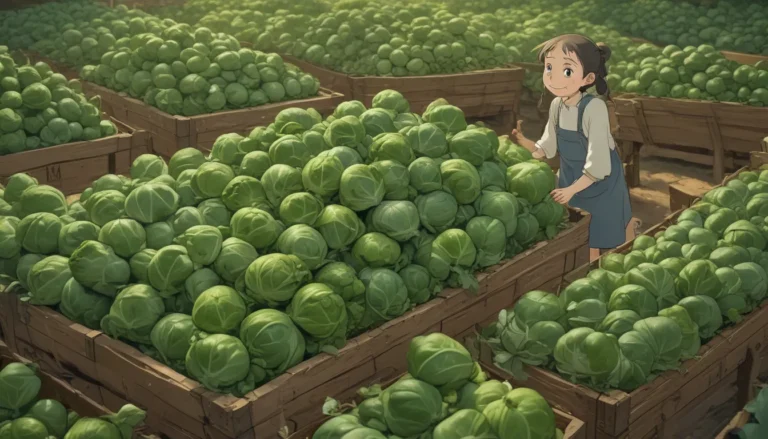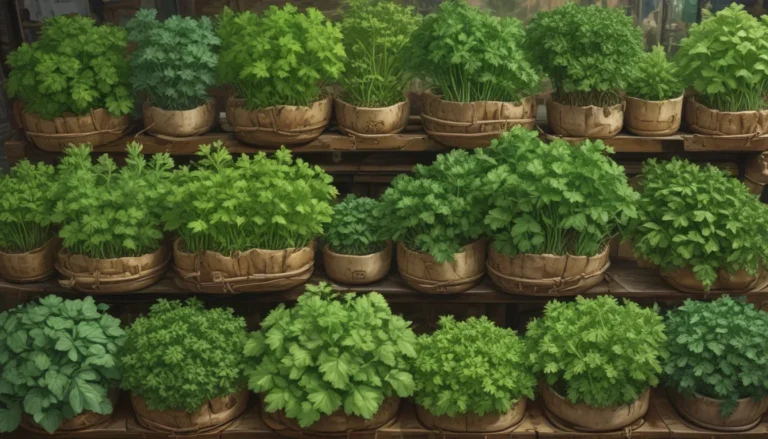Growing Protein: A Guide to Plant-Based Protein Sources

So, you’re looking to add more protein to your diet but want to steer clear of meat and animal products? Not to worry! There are plenty of plant-based protein sources that you can easily grow in your garden or find at the grocery store.
In this article, we will explore the world of plant-based proteins, covering everything from what protein is and how it helps your body to the best protein-packed plants you can grow at home.
What You’ll Learn
- What Is Protein?
- Amino Acids
- Dietary Protein Sources
- Health Benefits of Plant-Based Protein
- High Protein Plants
What Is Protein?
Protein is an essential macronutrient that provides energy, helps build muscle, and aids in the production of enzymes and hormones. Generally, it is recommended that around 10-35% of your daily calorie intake should come from protein.
Amino acids are the building blocks of proteins, with some being essential and needing to be obtained from the diet.
Dietary Protein Sources
While meat and dairy products are popular sources of protein, many plants also contain protein, albeit in smaller amounts. It was once believed that you needed to combine certain plants to create a complete protein, but we now know that a varied diet throughout the day can provide all the necessary amino acids.
Plant-based proteins are often lower in calories and saturated fats, making them a healthier option. Additionally, incorporating more plant-based foods into your diet has been linked to a reduced risk of certain cancers.
High-Protein Plants
Now, let’s delve into some of the best high-protein plants you can grow in your garden:
Beans and Pulses
- Black Beans: A half cup of black beans contains seven grams of protein.
- Chickpeas: Also known as garbanzo beans, offer 10 grams of protein per half cup.
- Lentils: One-quarter cup of lentils provides 11 grams of protein.
Nuts
Nuts are not only a great source of protein but also healthy unsaturated fats. Some protein-rich nuts include almonds, pecans, and pistachios.
Soy
Soybeans are a versatile protein source commonly used in plant-based alternatives to meat and dairy products. Edamame, soy milk, and tempeh are just a few examples of soy-based products.
Additional Sources
Various other plant-based foods also provide protein, including vegetables like kale and broccoli, whole grains, and seeds like pumpkin and sunflower seeds.
Plant Protein Power
Growing your protein sources in the garden not only helps you meet your dietary needs but also contributes to a more sustainable and eco-friendly lifestyle. The variety of plant-based protein sources available make it easy to enjoy meatless meals without compromising on nutrition.
Are you planning to incorporate more plant-based protein sources into your diet? Which plant-based protein sources mentioned here surprised you the most? Share your thoughts in the comments below!
For more plant-based nutrition tips, check out these articles:
– Get Your Daily Dose of B Vitamins with These Homegrown Vegetables
– Top 10 Reasons to Love Tomatoes and Add More to Your Diet
– Healthy Purple Produce: Should You Eat More Purple Fruits and Vegetables
Remember, always consult with a medical professional before making significant changes to your diet or lifestyle.
The information provided in this article is for informational purposes only and should not be taken as personalized medical advice. Always consult with a healthcare professional before making any dietary changes or taking supplements. Thank you for reading!





